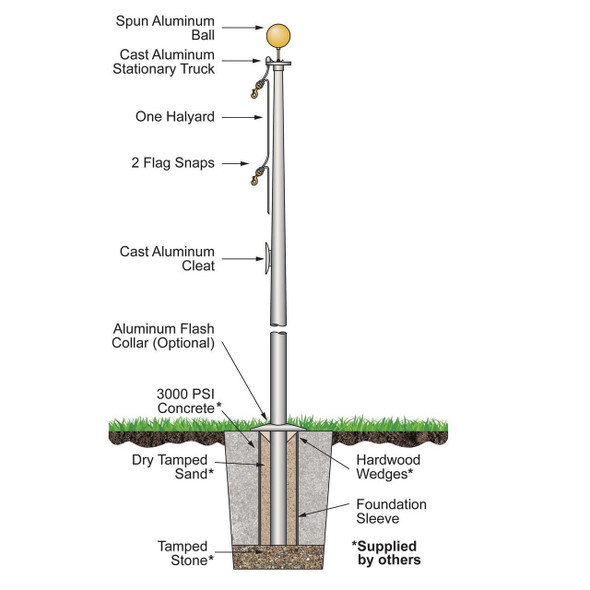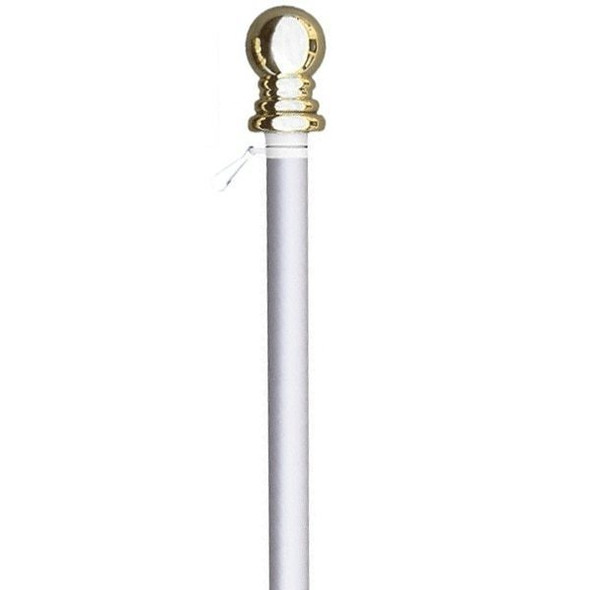Description
This flag of Lebanon is expertly crafted in the United States from nylon, a lightweight and fray-resistant fabric that flies easily, even in gentle breezes. The iconic cedar tree and red stripes are digitally printed for precise details and vivid colors that resist sun damage.
Each of our flags comes equipped with a sturdy canvas heading and brass grommets for secure attachment to any of our outdoor flagpoles. We offer the Lebanese flag in sizes 2’ x 3’, 3’ x 5’, 4’ x 6’, 5’ x 8’, and 6’ x 10’ to fit a wide variety of needs. The 3’ x 5’ flag is our bestseller and looks great on our 6’ tangle-free flagpole.
Lebanon Flag Features:
- Manufactured in the USA with high standards of quality
- Authentic 1943 design
- 100% tough nylon for outdoor use
- Reinforced canvas heading
- Brass grommets for reliable mounting
Are you interested in the indoor version? Check out our Lebanon flag, finished with gold fringe and a pole sleeve.
Lebanon Flag Meaning & History
The first flag representing Lebanon featuring a cedar tree in the design was first used in 1848 and officially adopted in 1918. The modern design was adopted in 1943, shortly before Lebanon declared independence from France.
The tree on the Lebanon flag is the Lebanese cedar, a national symbol. The white background represents snow, peace, and purity, while the red bands stand for the blood shed by Lebanon’s citizens in the fight for independence.
Other Details
Language(s): Arabic, French
Currency: Lebanese Pound
Government: Unitary Confessionalist Parliamentary Republic
Flag Meaning: The cedar tree, a national symbol since the 18th century, symbolizes peace and tolerance. The red stripes honor the sacrifices made, while the white stands in the peaks of Lebanon's mountains, which are often covered in snow.







